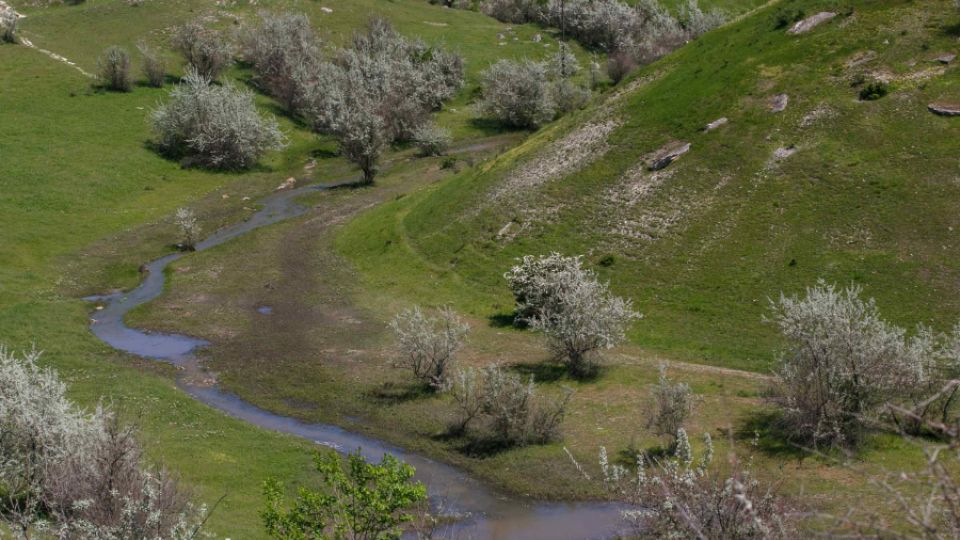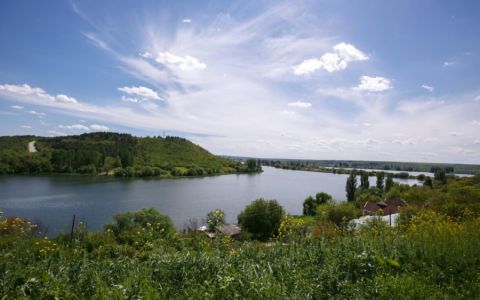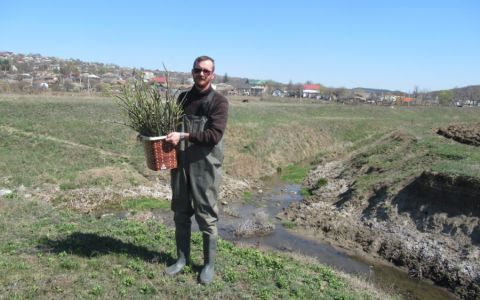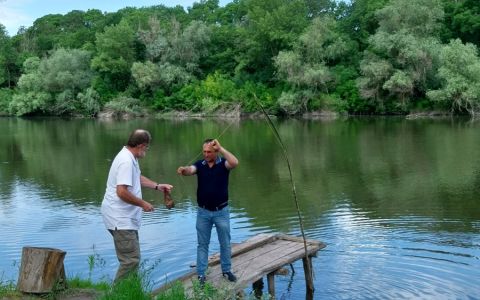Ukrainian hydropower plants on the Dniester lead to the destruction of the river, which would mean that about 8 million people in Moldova and Ukraine will be left without drinking water.
In 2016, the Government of Ukraine adopted the Hydropower Development Program until 2026 which provides for the construction of six hydropower plants on the upper course of the Dniester. The same is foreseen in the draft Energy Development Strategy of the country until 2035.
Although the Dniester is a cross-border river, Ukraine has not consulted this plan with the Ministry of Environment or the Government of the Republic of Moldova.
In 2017, Chisinau proposed to Kiev a draft of technical rules for the operation of the facilities. Moldova requires the establishment of a minimum water flow throughout the year, which respects the parameters of ecological flow, taking into account European standards, reflected in the Association Agreement with the European Union and the European Energy Agreement.
The construction of the 6 hydropower plants on the Dniester rivers will affect the water level on the Dniester. Let's not forget the past years when Moldova had big problems with the floods of 2008-2010 and the hydrological drought of 2015.
Although hydropower plants produce green energy and do not pollute the environment through emissions, they do affect the environment by thermally polluting the water, altering the water ecosystem and the biodiversity of living organisms in the water. The heat treatment of the water at these hydropower plants would make the water on the Dniester not drinkable.
In the summer of 2021, the fourth of seven planned turbines was launched at the Dniester hydropower plant in the Chernivtsi region of Ukraine, and this, experts say, leads to a change in the ecosystem and the destruction of the river.
According to a preliminary report by UNDP experts published on June 3, 2021, since the construction of hydropower plants on the Dniester began, the maximum water level in the river has decreased by 30%, and the volume by 10%. The average water temperature in the cold season increased by 5 ° C, while the temperature in the hot season decreased by 7.5 ° C.
"Hydro construction for any river is a violation of its ecosystem and the loss of biodiversity, and for the population - the loss of many ecosystem services", explains in an interview Ilya Trombitsky, Ph.D. in biology, head of the Dniester Shepherds Association Eco-Tiras.
https://www-dw-com.translate.goog/ru/dnestr-pod-ugrozoj-moldova-mozhet-ostatsja-bez-pitevoj-vody-iz-za-gjes/a-59260948?_x_tr_sl=ru&_x_tr_tl=ro&_x_tr_hl= ru & _x_tr_pto = wapp







